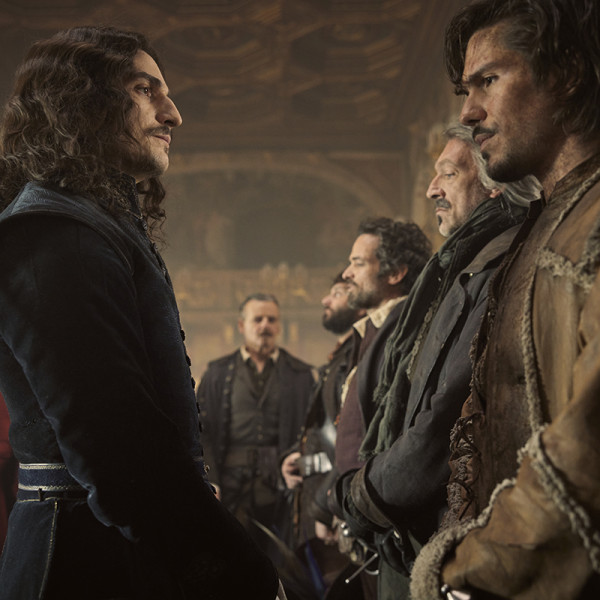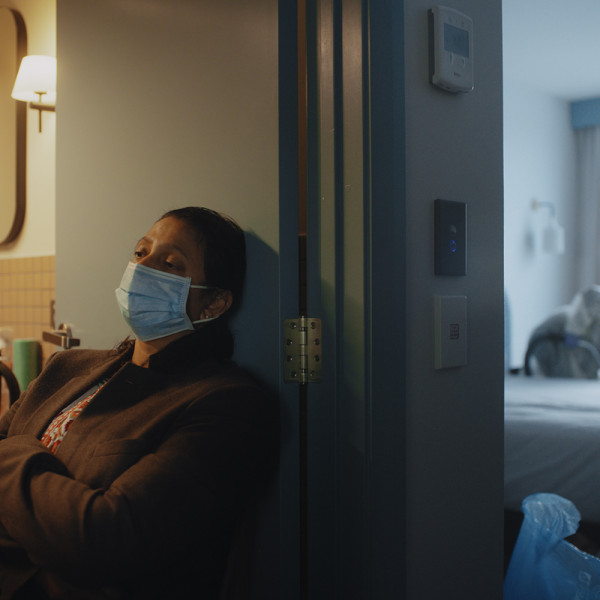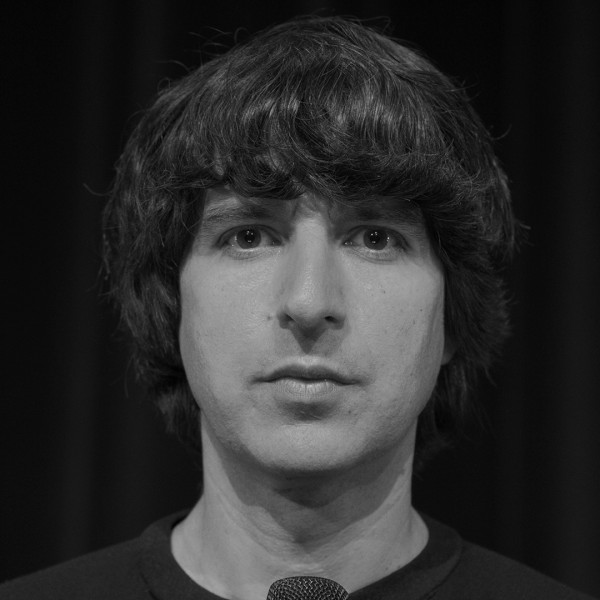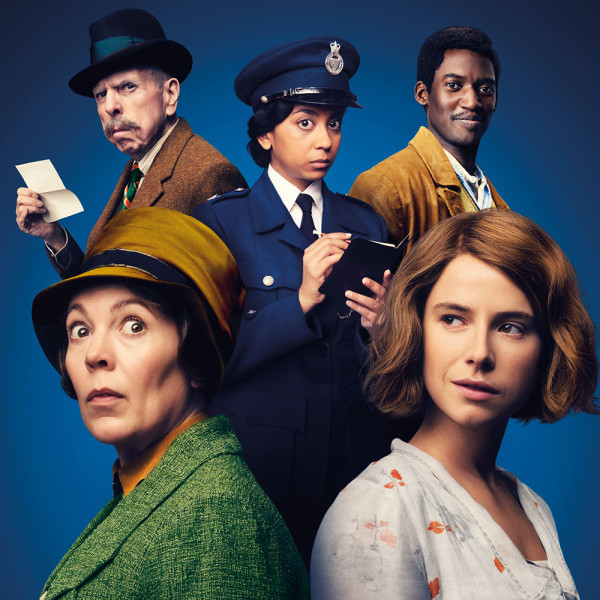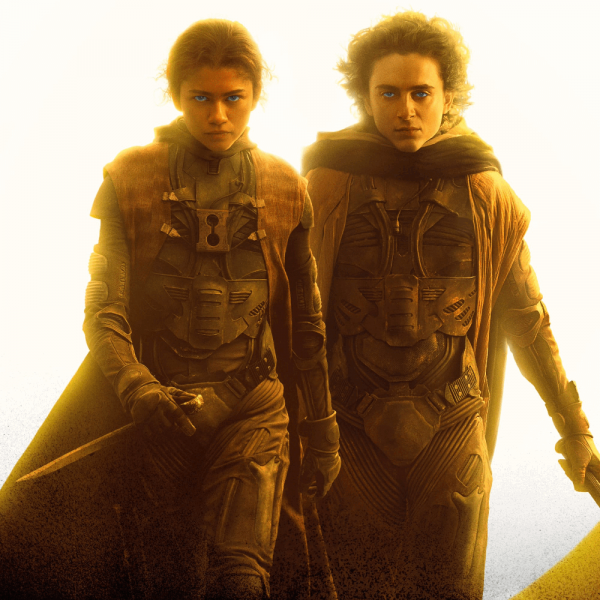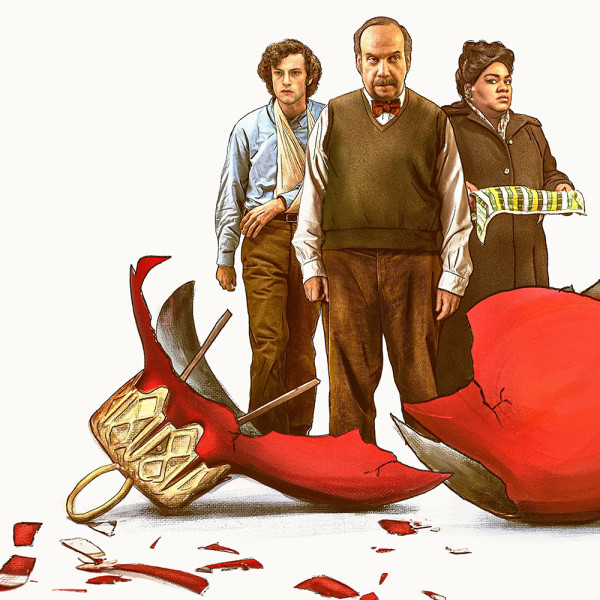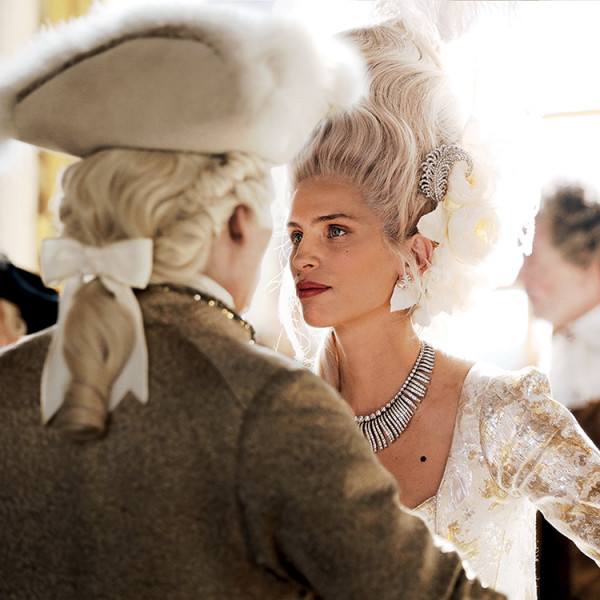
Screening as part of the French Film Festival, Jeanne du Barry tells the story of the famous courtesan. Though intricate and exquisite, it paints only a partial portrait of a complex and extraordinary human.
Directed by mononymous French actress and filmmaker Maïwenn, the 2023 film Jeanne du Barry lavishly and intimately captures Jeanne’s story. Each scene (production designer Angelo Zamparutti) is beautifully bedecked with the cake-like interiors of the Palace of Versailles, each costume (Jürgen Doering) poised like the most decadent of desserts. Maïwenn harnesses Jeanne’s unconforming air in a performance that is both poised and cheeky. Contrary to popular opinion, I think her chemistry with Johnny Depp’s ageing King Louis XV is tender and emotionally charged. Any sex scenes are spared and left to the imagination of the audience, allowing intimacy to take on a different, less carnal, and distinctly European form, deepening the connection between the monarchical match.
After watching the movie, I too, like the king of France, was besotted by Jeanne. A pants-wearing, powerful woman from the 1700s who refused to lower her gaze sounds like a feminist icon from a fairytale. However, upon further investigation I realised the film portrays an idealised version of Madame du Barry. Neither her social influence nor her more political actions were touched on. I feel that by capturing her wholly, her shortcomings and her strengths, rather than as either a victim like in the film or a conniving and calculating courtesan like in many history books, Jeanne could have been more humanised, and her legacy honoured better.
Jeanne was a woman of duality. Maïwenn refers to her as a “magnificent loser”, while her contemporaries called her a silly creature. She spent lavishly in a time of political turmoil, but in doing so supported the arts and intellectuals. She made a name for herself, taking the future into her own hands, but potentially and unwittingly inciting the French Revolution in the process. She walked a fine line, where every action had its equal opposite reaction. She, like all of us, was flawed, complex, and inherently contradictory. For this she was beautifully human. She was herself, in an era of conformity, against all odds.
I recommend this enchanting drama, but suggest you get to know Jeanne du Barry for yourself first.


